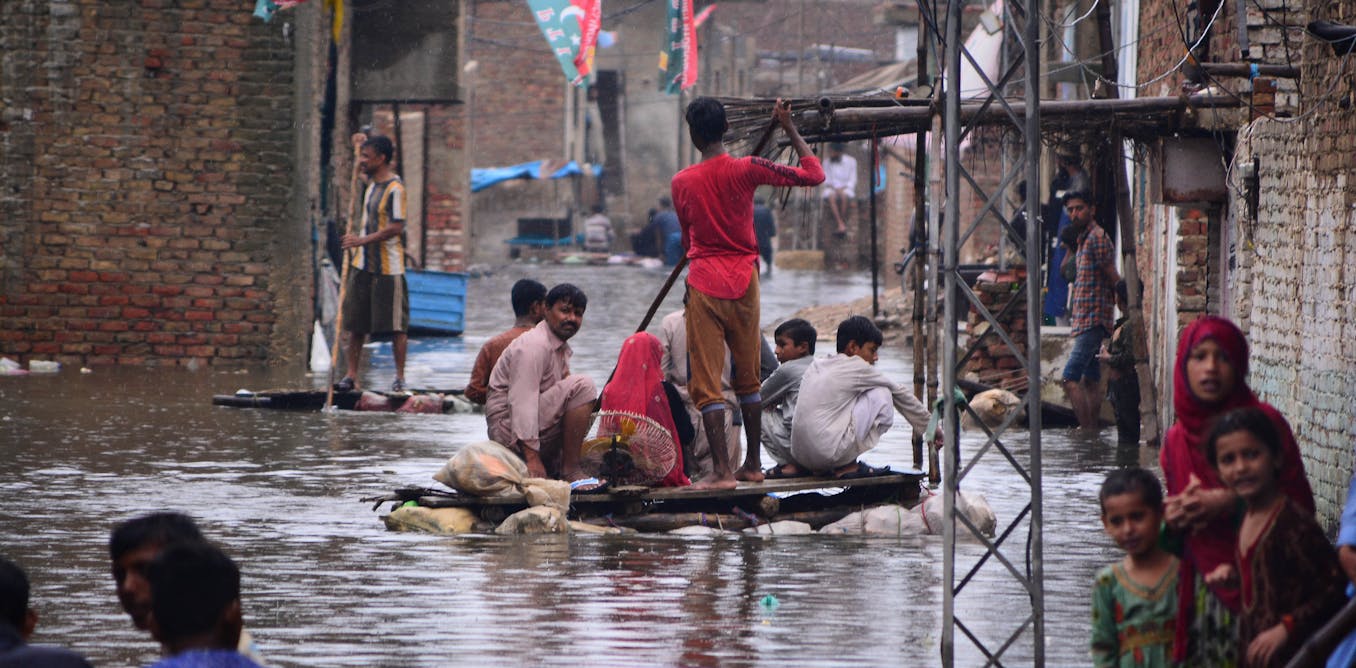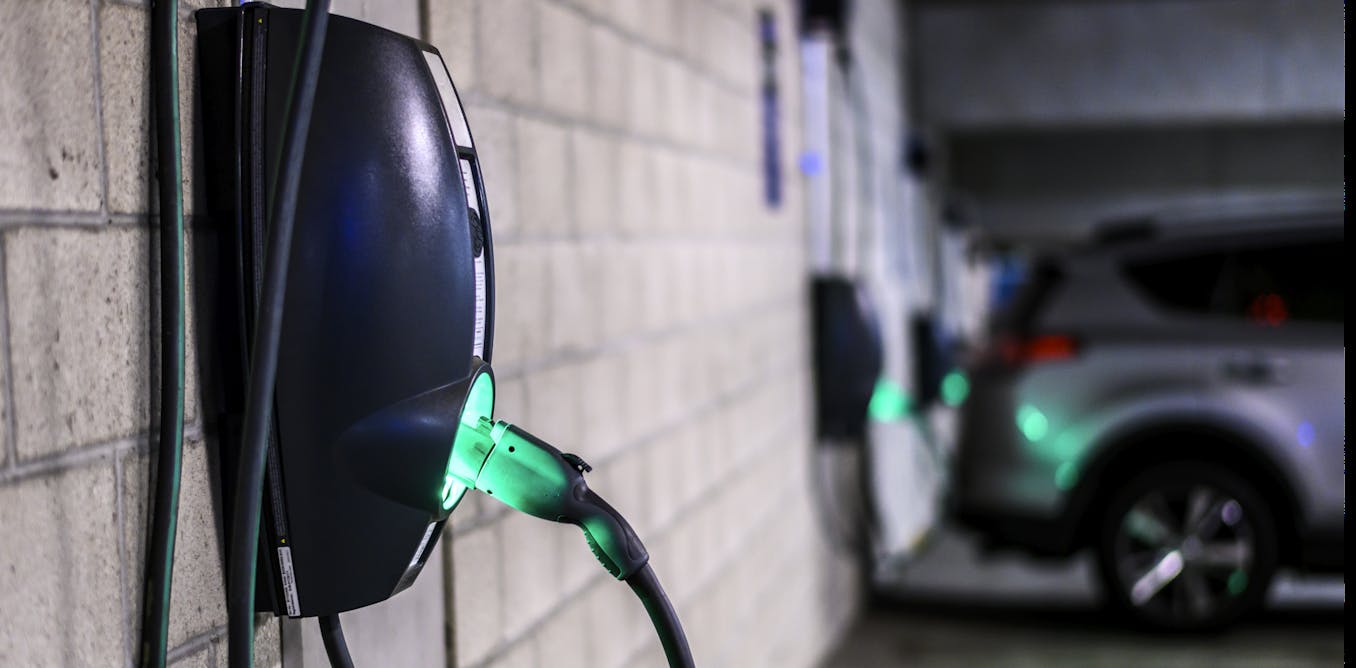Loss and damage: Who is responsible when climate change harms the world's poorest countries, and what does compensation look like?
That’s the big question at the upcoming UN Climate Change Conference, known as COP27, and it’s controversial. Here are some of the ideas being floated.
Nov. 2, 2022 • ~8 min








